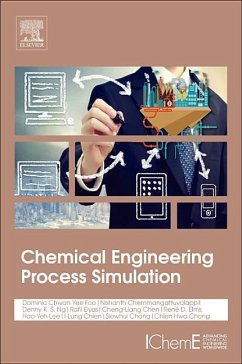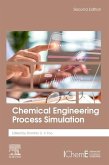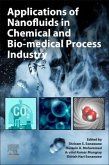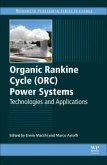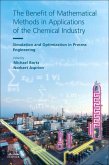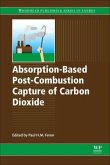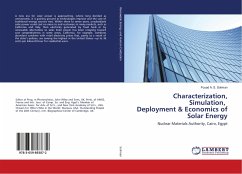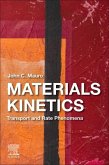Chemical Engineering Process Simulation is ideal for students, early career researchers, and practitioners, as it guides you through chemical processes and unit operations using the main simulation softwares that are used in the industrial sector. This book will help you predict the characteristics of a process using mathematical models and computer-aided process simulation tools, as well as model and simulate process performance before detailed process design takes place.
Content coverage includes steady and dynamic simulations, the similarities and differences between process simulators, an introduction to operating units, and convergence tips and tricks. You will also learn about the use of simulation for risk studies to enhance process resilience, fault finding in abnormal situations, and for training operators to control the process in difficult situations. This experienced author team combines industry knowledge with effective teaching methods to make an accessible and clear comprehensive guide to process simulation.
Content coverage includes steady and dynamic simulations, the similarities and differences between process simulators, an introduction to operating units, and convergence tips and tricks. You will also learn about the use of simulation for risk studies to enhance process resilience, fault finding in abnormal situations, and for training operators to control the process in difficult situations. This experienced author team combines industry knowledge with effective teaching methods to make an accessible and clear comprehensive guide to process simulation.

